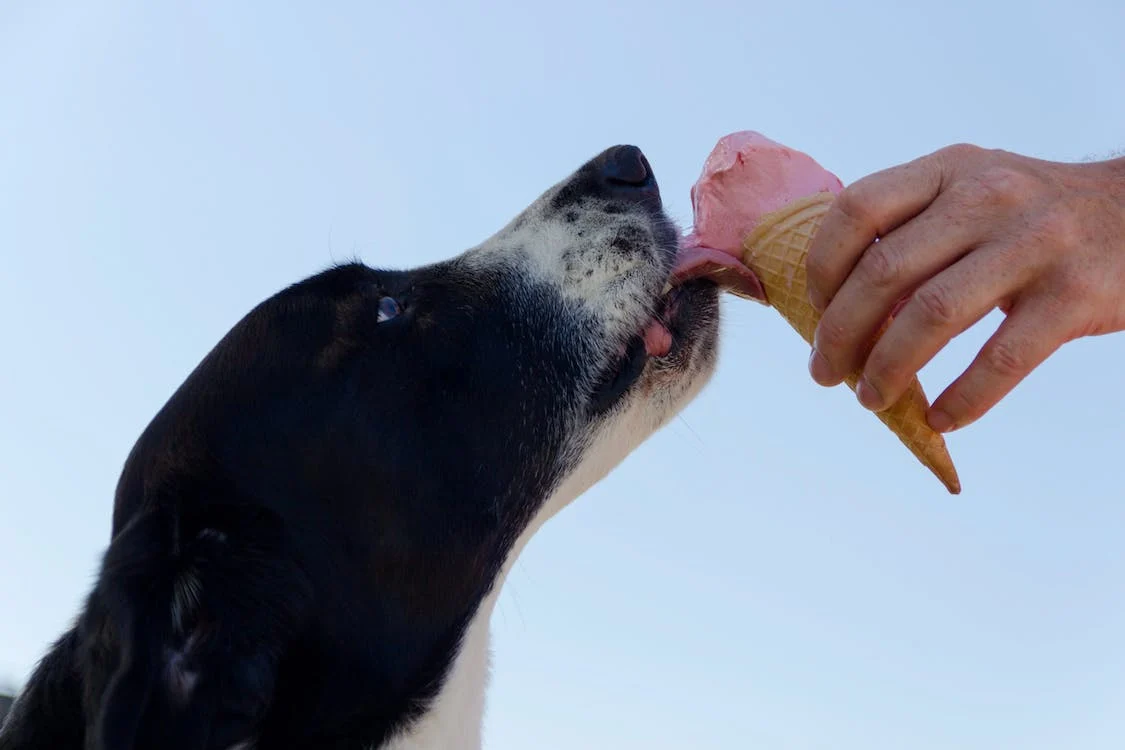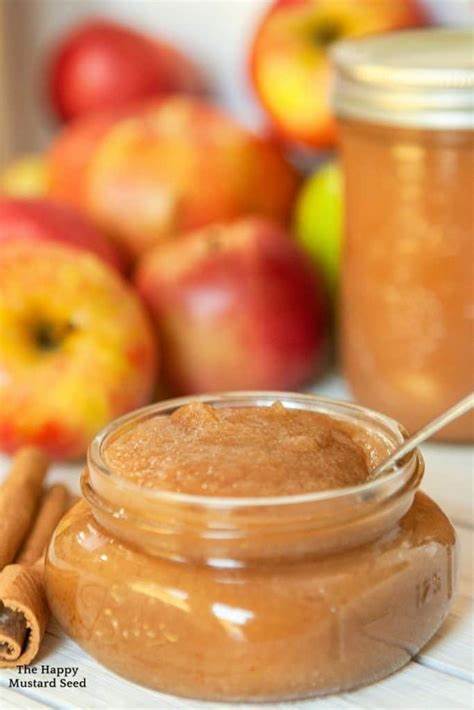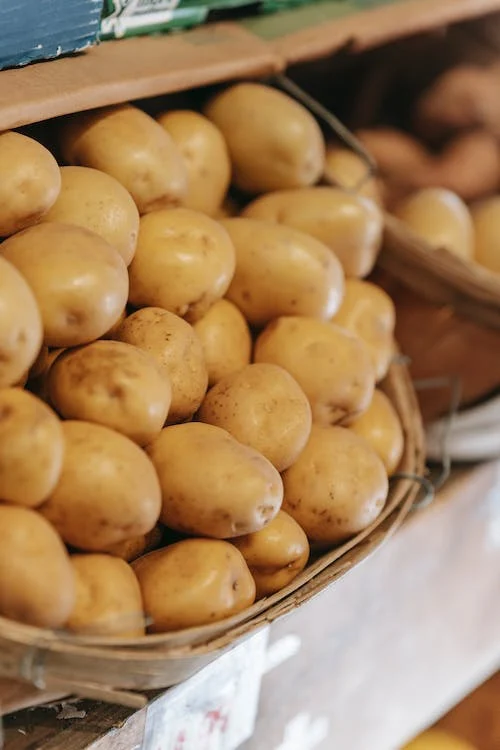As dog owners, we strive to provide the best nutrition for our furry friends. While commercial dog food is formulated to meet their dietary needs, many of us wonder if there are other safe and healthy food options we can incorporate into their diets. In this intriguing blog post, we will dive into the world of alternative food choices for dogs, exploring a variety of human foods that can be safely shared with our four-legged companions. Let’s embark on this culinary adventure together and discover the exciting possibilities beyond traditional dog food!
Fruits and Vegetables: Nature’s Bounty for Dogs
Did you know that certain fruits and vegetables can be a nutritious addition to your dog’s diet? From crunchy carrots and antioxidant-rich blueberries to vitamin-packed sweet potatoes and fiber-filled pumpkin, we’ll explore the benefits of these natural delights. We’ll also provide guidance on safe portions and preparation methods to ensure your dog’s digestive system can handle these fresh and healthy treats.

Lean Protein Sources: Meaty Goodness for Canines
While dogs primarily require protein from animal sources, it’s essential to choose lean options that are free from seasoning, bones, and excess fat. We’ll introduce you to lean proteins like cooked chicken, turkey, and fish that can be an excellent source of essential amino acids for your furry friend. We’ll also discuss portion control and cooking methods to keep the meat both safe and enjoyable for your dog.
Many dogs love dairy products, but not all can tolerate lactose. We’ll explore the benefits and drawbacks of sharing dairy with your canine companion, including options like plain yogurt, cottage cheese, and small amounts of cheese. Our experts will provide insights into lactose intolerance in dogs and the potential risks associated with dairy consumption.
Whole Grains and Legumes: Adding Fiber and Energy to Your Dog’s Diet
Whole grains and legumes can be a valuable source of fiber, vitamins, and minerals for dogs. We’ll delve into options like cooked brown rice, quinoa, and lentils, discussing their nutritional benefits and how they can be incorporated into your dog’s meals. We’ll also address any concerns regarding gluten and grain allergies, providing alternative options for dogs with specific dietary needs.

Healthy Snacks and Treats: Delicious Rewards for Good Behavior
Who doesn’t love treating their furry friend to a tasty snack or reward? We’ll explore homemade treat recipes using dog-friendly ingredients like peanut butter, banana, and oats. Our experts will guide you through proper portion sizes and the importance of moderation when indulging your dog’s taste buds.
Conclusion
While commercial dog food remains the foundation of a balanced canine diet, incorporating safe and healthy human foods into your dog’s meals can provide additional nutrients and variety. It’s crucial to consult with your veterinarian before introducing any new foods to ensure they are safe and suitable for your dog’s individual needs. Remember, every dog is unique, and what works for one may not work for another. By exploring these alternative food options, you can enhance your dog’s dining experience and provide them with a well-rounded and enjoyable diet.



